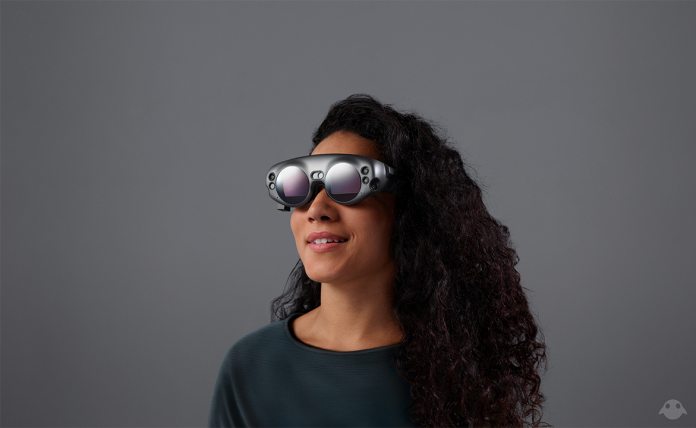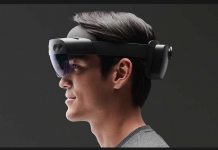“Their current offering is a tragedy in the classical sense, even more so when you consider how their massive funding and carefully crafted hype sucked all the air out of the room in the AR space,” he said. “It is less of a functional developer kit and more of a flashy hype vehicle that almost nobody can actually use in a meaningful way, and many of their design decisions seem to be driven by that reality.” “It does not deliver on almost any of the promises that allowed them to monopolize funding in the AR investment community.” Luckey’s biggest criticism is of the headset itself, which he says brings little new the table. He says the Magic Leaps’ Lightfield Chips are “just waveguides paired with reflective sequential color-LCOS displays and LED illumination.” We have no idea what that means, but it sounds impressive. Luckey says Microsoft used the tech in their last-gen HoloLens, and that it doesn’t fix the vergence-accommodation conflict in most cases. He also criticises the software, which is basically just a custom Android interface that’s difficult to navigate in VR.
Praise and Magic Leap Response
At this point, it’s worth noting that Luckey is known to be a controversial figure. Political views aside, he was fired from Facebook in 2017, and has been accused of stealing the tech it was based on. Fans also felt betrayed by Luckey’s decision to sell to Facebook, which was never known to be big on privacy. However, despite his bias, Luckey is better poised to speak on the claims than most, and he does concede some positives. The transition of the PC to a belt-based solution was one plus, and the extra FoV is another strong point. Magic Leap appears to be aware of the criticism, CEO Rony Abovitz posting a series of Avatar-related tweets that seem to target Luckey. “I wonder who is the bitter, angry, banished Zuko in our story?” he said. “Oh yeah – and your Firebending trick was invented in 1839”. He also made football comparisons, questioning Luckey’s impartiality with his former headset competing with the Leap.
— Rony Abovitz (@rabovitz) August 28, 2018 Ultimately, Luckey says the Magic Leap didn’t make the breakthroughs it promised and is “more Hololens 1.1 than Consumer AR 1.0”. With that statement, it will be interesting to see what Microsoft comes up with for its next generation and if it can deliver on some of the Leap’s promises.




